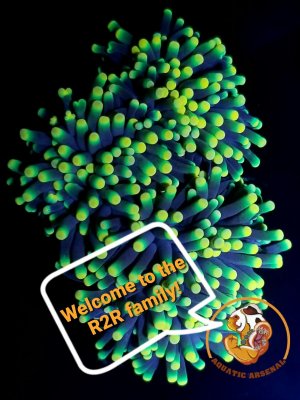- Joined
- Nov 20, 2019
- Messages
- 3
- Reaction score
- 12
I'm new to reefing, only a few years in, so I know enough to get myself in trouble. I started with a 28 gallon Nano tank, I did ok, but tank was an older used one and eventually I decided to do a 55 gallon build. I brought over 3 corals (2 hammer and 1 Duncan), all doing really well. They started with 1 head and a year and a half later when I moved them to the 55 gallon tank, they had about 5 heads. They seemed to do fine for the first month or so (yes, I cycled the tank for about 8 weeks before moving them). Then slowly they didn't open as much and then we went through a power outage and the tank was without the pump for almost 2 days, the corals got worse, especially the Duncan. Now my Duncan has brown stuff. From pictures to compare it looks like Brown Jelly Disease. I was told to try and remove it with a turkey baster, but its not really jelly like if thats what its supposed to be. In regards to lighting I have a new Reef Breeder Photon and as per instructions I set it lower than recommended to start and gradually brought it up. I also do weekly water changes (about 40%), I was just told I'm changing too much water and should be doing 25%. Water testing has been done and everything checks out there too. PS, new to this site, didn't mean to post this thread on the Meet and Greet...
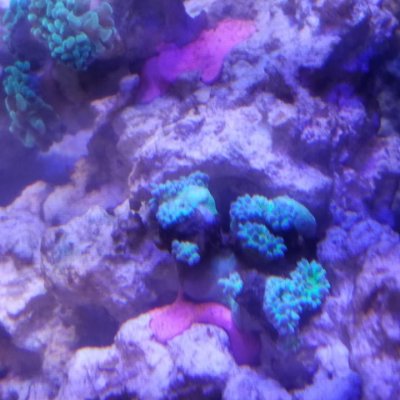
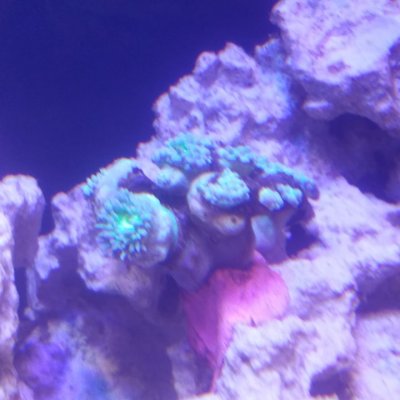
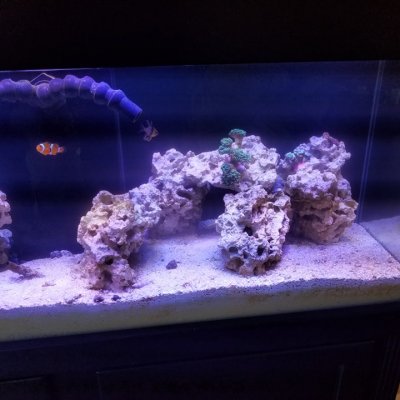
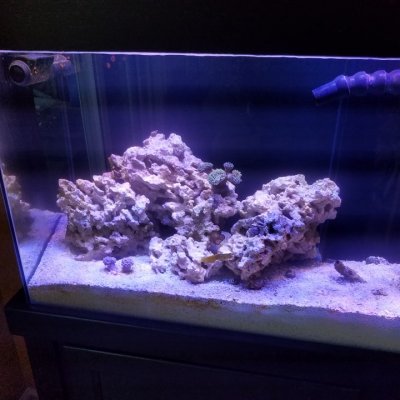




Last edited:







